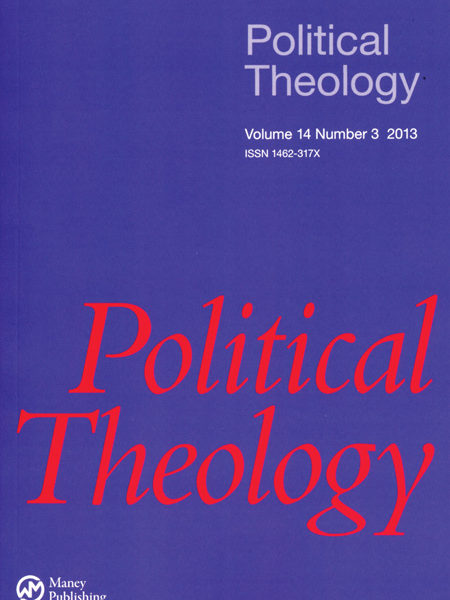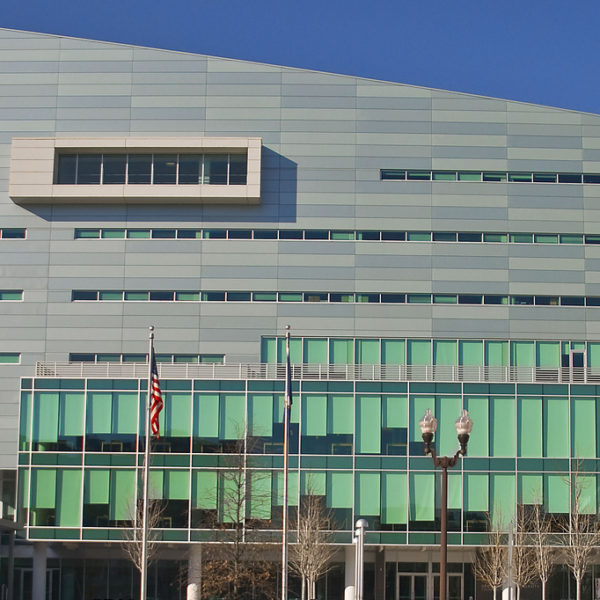
When I was asked to contribute syllabi on political theology I thought it would be a great chance to look back and reflect on how my thinking and teaching on the topic have evolved. I think of a course I am currently teaching under this rubric, even though its title and official description eschew all reference to theology, and some of the very first courses I taught were expressly geared toward the topic of political theology.
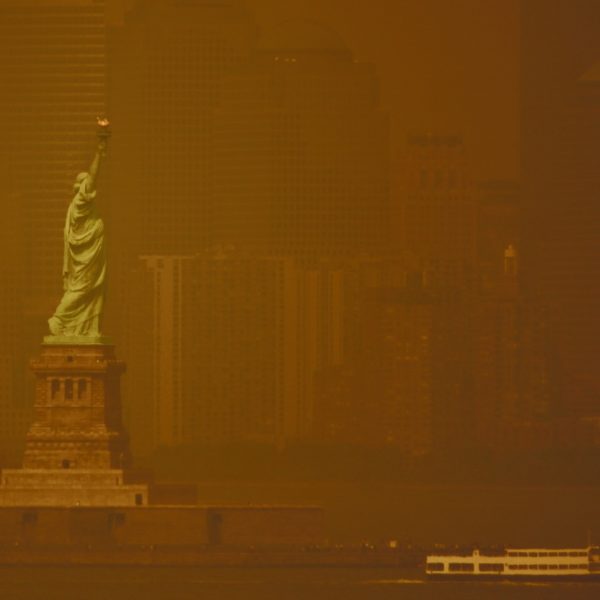
In a recent article defending a “nudge” approach to public policy, where behavioral economics is employed to provide mild modifications of individual preferences and behaviors in ways that serve said individuals’ good, Charles Mathewes and Christina McRorie take Richard Williams to task for his “libertarian” criticisms of the nudge approach. I’m rather sure that the libertarianism they attribute to Williams is neither necessary for his argument or a remotely accurate portrayal of libertarianism as a political philosophy.

The phrase “political theology” is used in many ways, across many disciplines. Over the past few years, an increasing number of courses have been offered calling themselves Political Theology, or describing their topics as political theology. We have invited faculty from political science, religious studies, theology, and history who teach courses on political theology to share their syllabi on this blog over the coming weeks, and to reflect on political theology pedagogy
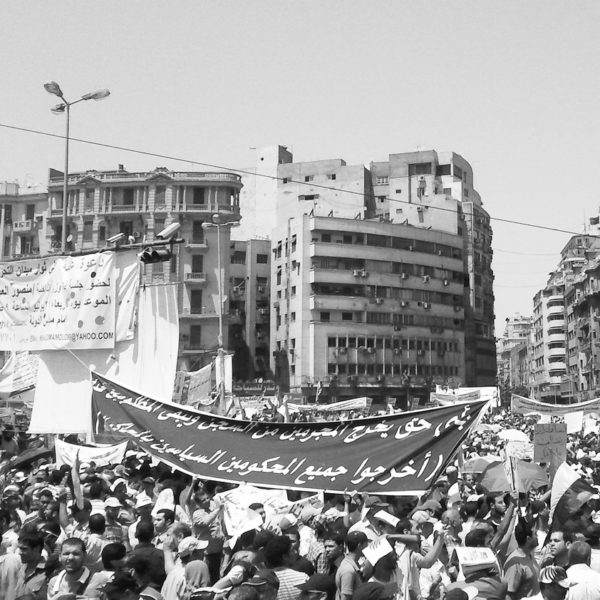
. . . It all sounds so beneficial, benignly urging us towards a better life and perhaps even a better society. The problems with ‘nudging’, however, are significant, although I restrict myself to the key ones: it misses the dialectic of nature and nurture; it misses the very conditions under which nudging take place; and it lacks a proper sense of the role of reform.
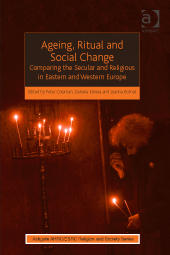
Our book connects the subject of ageing with that of religion in contemporary European society. This might seem a natural association to make but in fact is largely missing in current research in both gerontology and religious studies. . . . The study of ageing in its turn has also given limited attention to the role of religious faith and practice, as well as to secular alternatives to religion, in providing existential meaning to older people’s lives.
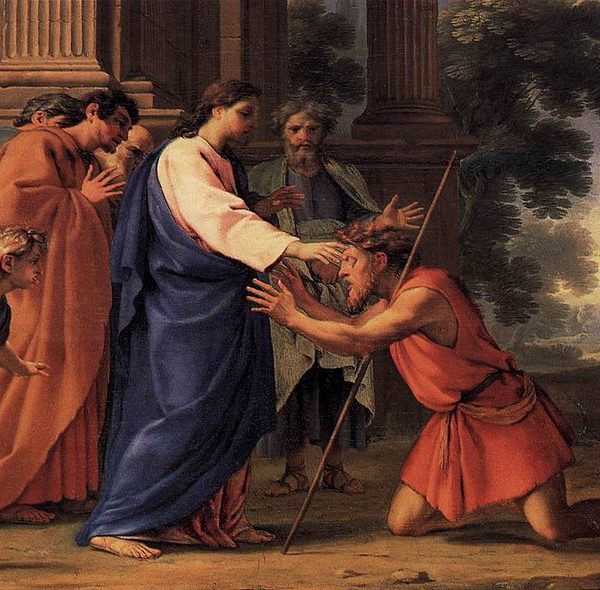
The story of Jesus’ healing of the blind man in John 9 presents us with the politics of exclusion in operation. However, in a twist, it is the politics of exclusion that are revealed to be excluded.
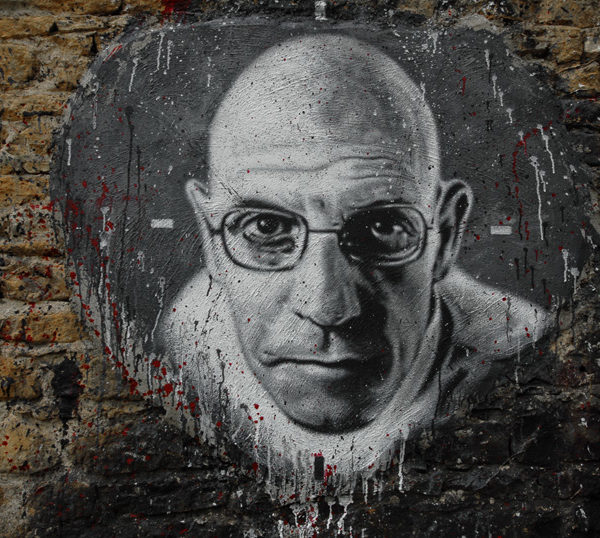
Foucault’s emphasis on the ‘care of the self’ is usually hailed as a significant challenge to the understanding of ethics. With the tendency of ethics to focus on the ‘other’ and how one relates to that other, the turn to consider the construction of the subject seems to be radical. This was also Foucault’s answer to the perennial problems of ethics . . .

We would like to begin with agreement on something fundamental. The team of Mathewes and McRorie are surely correct about the persistence of nudging in our lives. We are nudged by the cereal company that pays to have its product on the top shelf. The little tables at the end of aisles in Barnes and Noble are miniature subdivisions with real estate sold to publishers. Those tiny neighborhoods of books are nudges.

The emergence of a new critical theory for the 21st century, exemplified in the writings of such theorists as Foucault, Agamben, Žižek, and Badiou as well as in such zones of contemporary discourse as biopolitics and globalization theory, has tremendous yet still uncharted consequences for theological thinking.

What political theologies are embedded in and shape Zionist and Palestinian refugee mappings of space and place? This is the animating question of my new book, Mapping Exile and Return, which stems from my doctoral studies in theology at the University of Chicago and 11 years of work in the Middle East.
